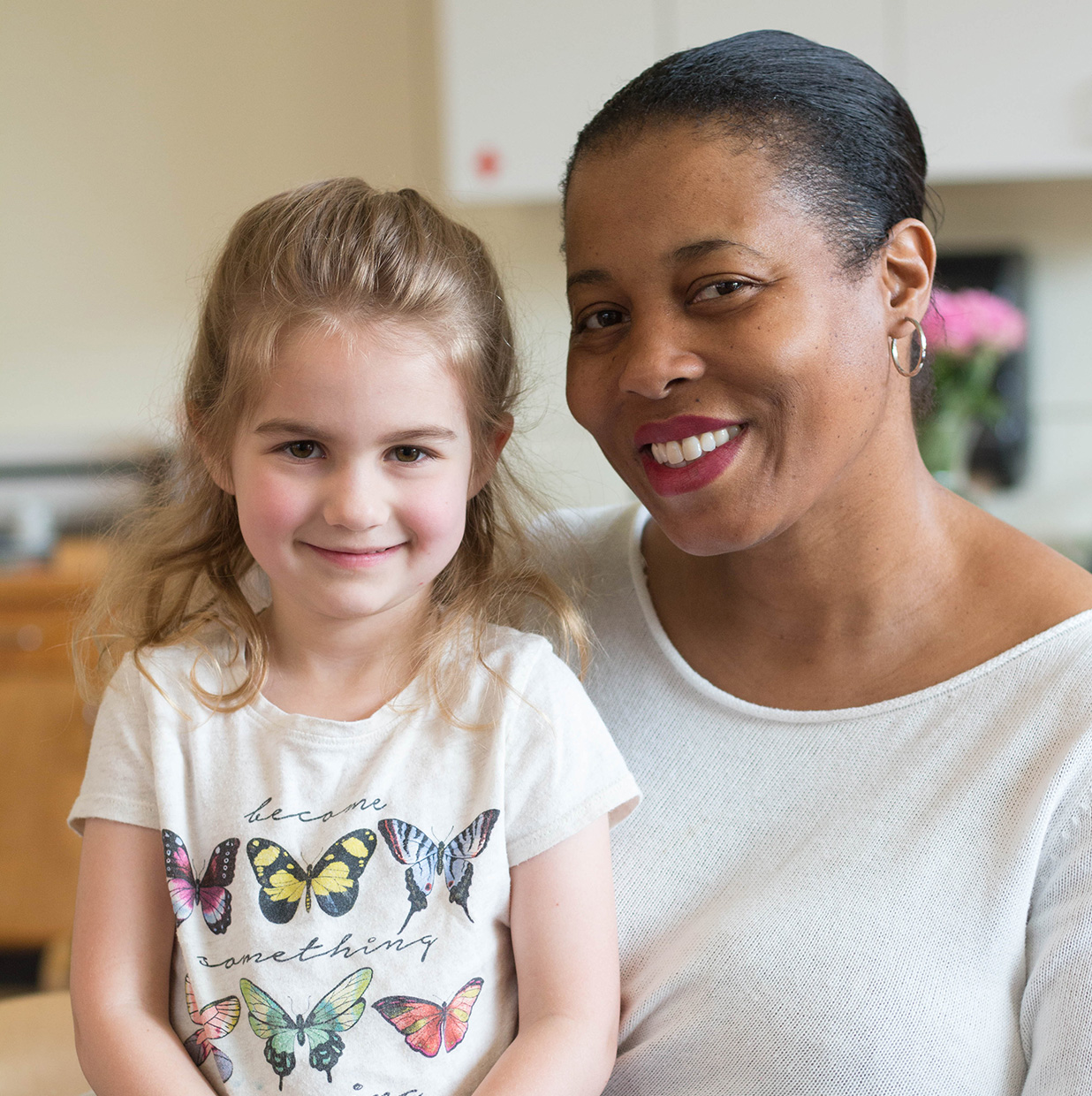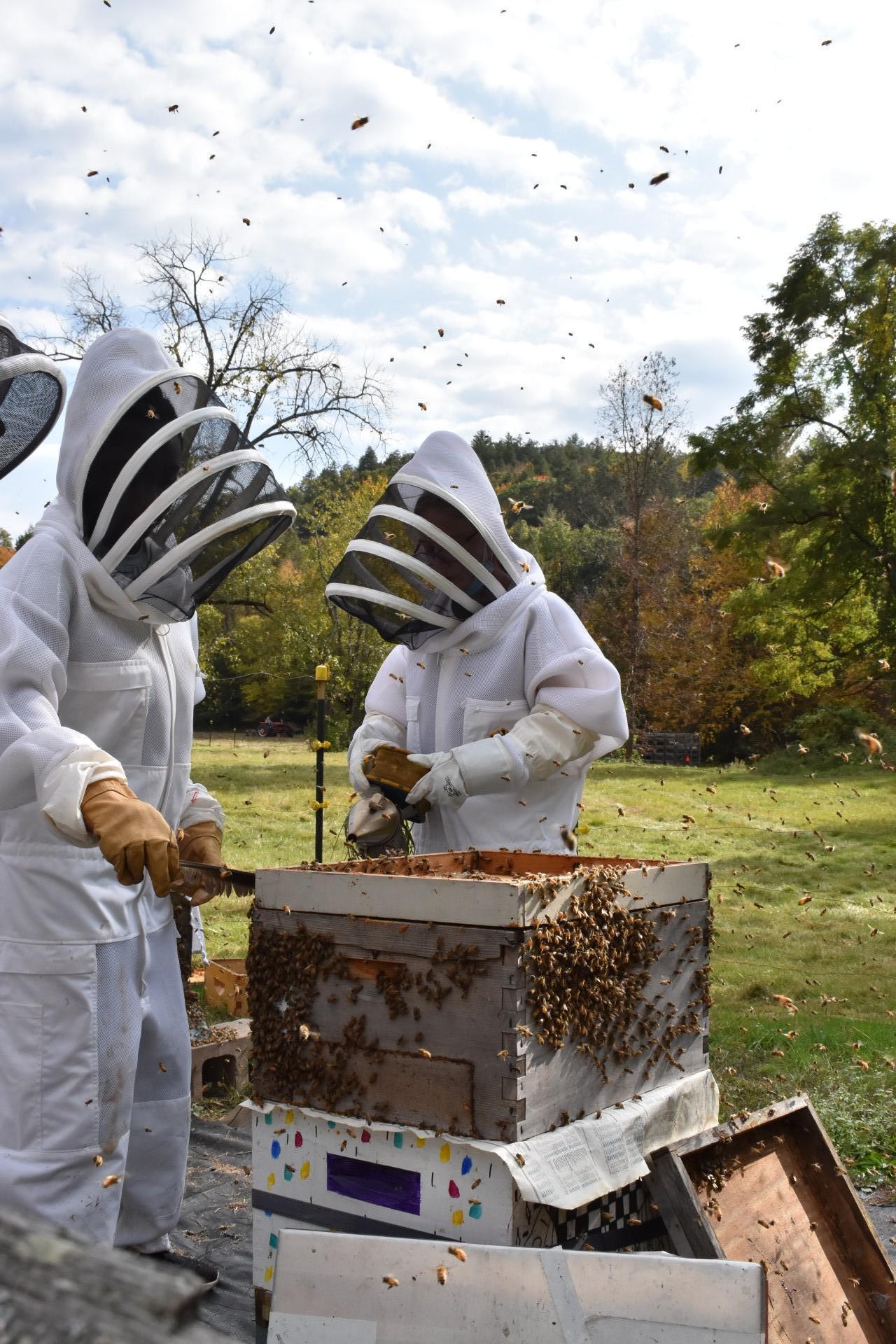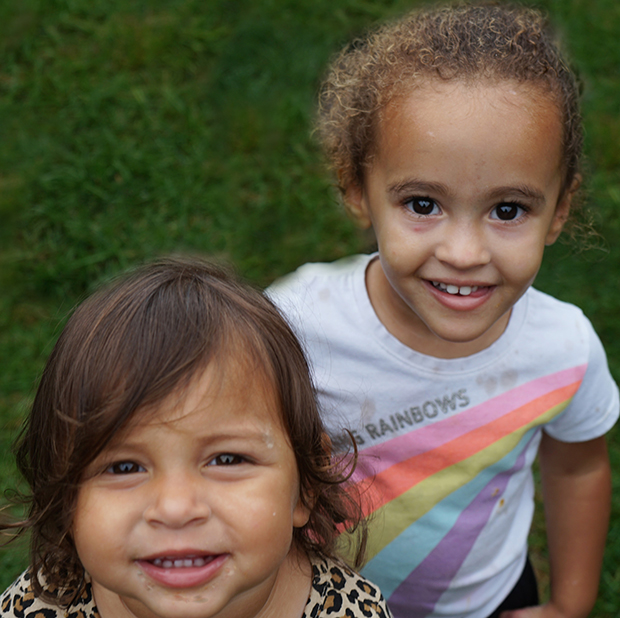Getting Ready For School
August 14th, 2017
Dear Families,
Your child will soon be starting school and we’d like to make this transition as smooth and enjoyable as possible. To that end, we have some suggestions based on our past experience with this process.
Young children live much more in the present moment than we do. Concepts of future time can be confusing to them. Therefore, counting down the days until school starts can cause anxiety. Instead, begin now to indirectly prepare your child(ren) for school, building the skills and schedules that will make the first day a smooth and easy transition rather than a sudden interruption to their routine.
These skills include independence, concentration and ability to choose. When children are independent in doing and caring for themselves, they not only feel proud and capable, but are filled with self-confidence and self-esteem.
To help build independence, we suggest that you give some thought to things your child could be doing for herself if she had better access, or the right tools, or had been given a careful "how-to" demonstration. For example, perhaps she would be happy to brush her own teeth if she had a safe platform and could reach the bathroom sink. If she had a small pitcher, she could enjoy the independence of pouring her own milk. She would probably love to help set the table if someone took the time to show her where to place the knife, fork, and spoon.
To help your child develop his ability to concentrate, provide a limited number of interesting, challenging and developmentally appropriate toys and materials as well as plenty of uninterrupted time to play with them. In general, toys and materials that elicit active participation rather than passive entertainment are much better for the development of focus and concentration.
The first time a new toy or material is introduced, provide a clear demonstration of its use, including its clean-up, to ensure the best opportunity for success and engagement. Arrange toys and activities on a shelf rather than in a toy box to help your child recognize that everything has its place. More importantly, having her toys visible and easily accessible allows her to choose the one activity that is most appealing at that moment.
The ability to choose requires practice and can be developed throughout the child's day by presenting choices whenever possible -- "Would you like to wear your blue shorts today, or your red ones?" "Shall we make carrots tonight or peas?" Keeping choices simple, limited, and age appropriate won’t overwhelm your child and makes it easier for him to choose.
Getting your child ready and “out the door” can be one of the most stressful events for everyone involved. Your child needs time to practice and adjust to this new routine. Prepare him by going on small outings, such as running errands or taking a walk, until he is used to the routine of getting up and “on the go." Take note of how long he typically takes so you can budget in the time required when school begins.
We also highly recommend that you begin to adjust his sleep schedule a few weeks before his start date. Decide what time he will need to wake up to allow for an unhurried start to the day. Wake him up a little earlier each morning and put him to bed a little earlier each night until he begins to naturally wake up rested and refreshed at the desired time. A tired and grumpy child, awakened an hour earlier than usual, is not likely to have a successful first day! If your child is naturally an early riser, ensure her bedtime is early enough to accommodate her natural schedule, so that she is rested throughout her morning at school.
This is also a good time to begin reducing television viewing in general and eliminating any TV in the morning. You don’t want it to seem like a punishment when the TV has to be turned off because “it’s time for school.” Additionally, when a child has just finished being passively entertained by television, it is often difficult to switch gears and be in the frame of mind to actively explore classroom materials and make discoveries.
If you wish to discuss school with your child, do it in a low-key and non-specific way. If your child asks what this mysterious thing called school might be, a simple answer will suffice: "It's a place made especially for children where they can go each day to make friends, do their work, play games and learn." Let her know that someday she'll be ready to go to school, but try not to prejudice your child or build up false expectations by being too specific about what she will do in school. That way, if she doesn’t happen to paint (or whatever) on the first day, she won't be disappointed in either you or the school.
When your child's first day finally arrives and he is all dressed and ready to go, you can announce that today is the day he gets to go to school, see his teacher and meet other children. Following these simple suggestions can help make the first days of school successful for your child and stress-free for both of you.
We look forward to welcoming you to our school.
Kathy Aldridge
MSGH Interim Head of School














